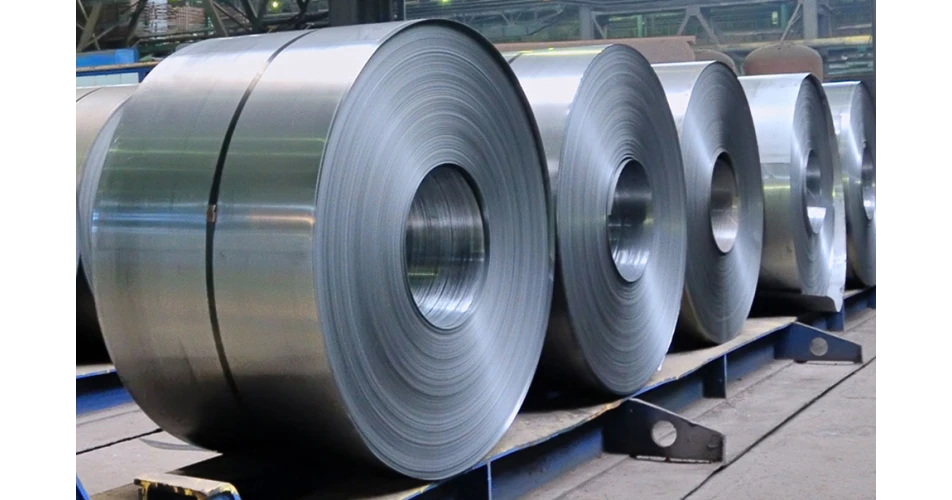With the effects of the pandemic, Brexit and global logistical issues all contributing to component shortages and price increases in the automotive aftermarket in recent months, there is a new warning that the sector can expect more price pressure from sharply rising raw material costs.
Between March 2020 and May of this year global steel prices are up a by a massive 215%. The price of hot-rolled coil steel, for example as used in car production is up from a bottoming out price of $460 per ton last year, to $1,600 a ton, some three times the 20-year average. There are also big rises in the cost of aluminium, zinc, nickel and other metals.
A big contributor to the problem is that during the early months of the 2020 pandemic, many steel mills shut off production, fearing a global recession. However, demand for steel remained strong as consumers spent on appliances and home improvements. The industry was slow to react, causing shortages and prices rises. Added to this a global rise in shipping costs and capacity shortages, has seriously increased the cost of moving steel and other metals to manufacturers.
Many observers do not see steel prices levelling off until next year, especially as carmakers, who are big steel consumers, are currently operating at lower production capacities due to the semi conductor shortage.
Currently it is difficult to gauge what all this means for the automotive aftermarket, although it is certainly not good news. Back in the pre-Brexit, pre-pandemic days, garages and bodyshop were largely used to price stability and always had the option to shop around. Now the situation is very different. Prices of parts and components have risen and will continue to rise as raw material costs increase. The question of availability is also now more important than ever. We are certainly no longer living in a world of low prices and instant availability, through no fault of any of the Irish suppliers, who are working hard to maintain supplies and competitive price levels. Garages and bodyshops, if they have not already come to terms with this, will have to do so very quickly, as they will have to explain to their customers why jobs are taking longer and prices are on the rise.
